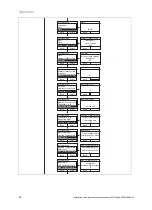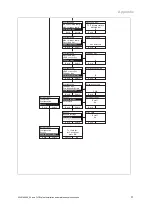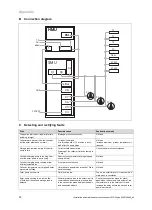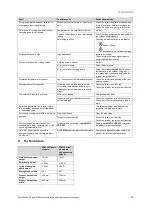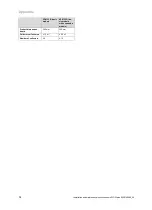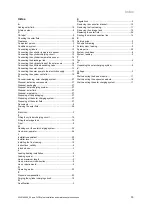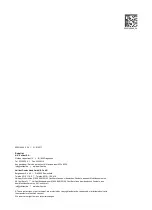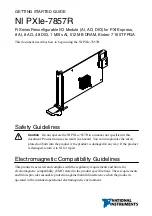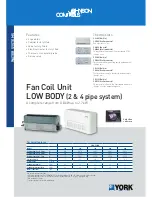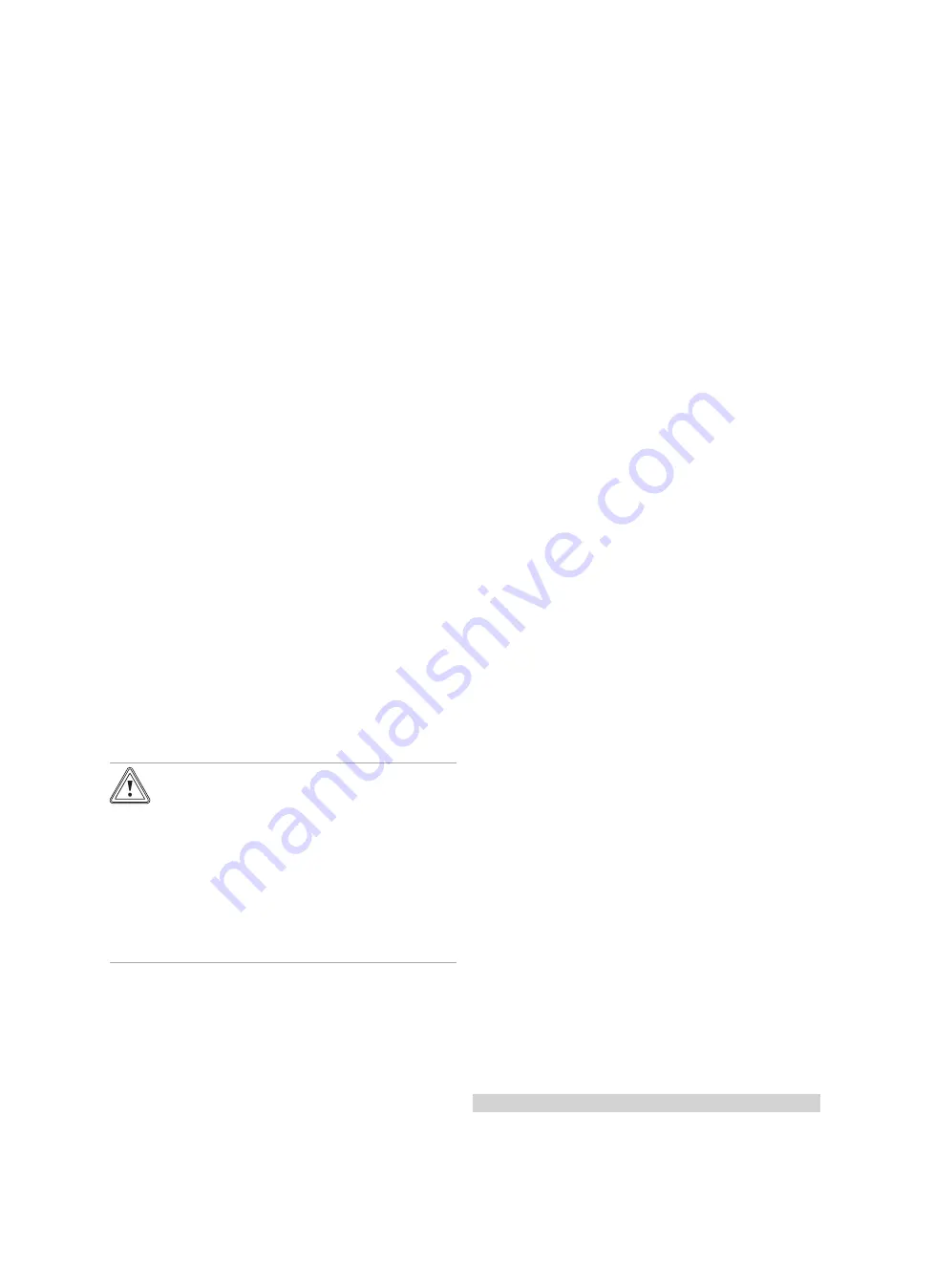
Decommissioning 12
0020149486_04 auroFLOW plus Installation and maintenance instructions
27
11.6
Completing inspection and maintenance
work
Once you have completed all maintenance work:
▶
Check to ensure that the electrical wiring is connected
properly.
▶
Open the service valves in the cylinder charging circuit
flow and return.
▶
Fill the cylinder charging circuit again as required with
water to a pressure of between 100 kPa and 200 kPa
(1.0 and 2.0 bar).
▶
Switch the voltage supply of the solar charger on again.
▶
Check that the solar charger is leak-tight with regard to
solar fluid and heating water.
▶
Fill and purge the cylinder charging circuit again as re-
quired.
▶
Install the front casing. (
→
Page 15)
▶
Carry out a test operation run.
12 Decommissioning
12.1
Temporarily decommissioning the product
12.1.1 Switching off the solar charging system
▶
Disconnect the product by de-energising it using a parti-
tion with a contact opening of at least 3 mm (e.g. fuses or
power switches).
12.1.2 Ensuring that frost protection is provided
1.
Only disconnect the solar charger from the power mains
if the heating installation is protected against frost by
some other means.
2.
Completely drain the heating water from the solar char-
ging system and from the flow and return lines to the
cylinder.
12.1.3 Closing isolator devices
Caution.
Risk of damage as a result of heat expan-
sion of the heating water.
As the solar charger is not fitted with an ex-
pansion vessel or expansion relief valve for
the cylinder charging circuit, heat expansion
of the heating water may cause damage.
▶
Drain the heating water from the solar
charger before closing the isolator
devices.
▶
Close all available isolator devices in the cylinder char-
ging circuit (on-site).
12.2
Permanently decommissioning the product
12.2.1 Switching off the solar charging system
▶
Disconnect the product by de-energising it using a parti-
tion with a contact opening of at least 3 mm (e.g. fuses or
power switches).
12.2.2 Completely draining the solar and heating
installation
1.
Completely drain the heating water from the solar char-
ging system and from the flow and return lines to the
cylinder.
2.
Drain the solar fluid from the storage tank. Capture the
solar fluid in a suitable container.
3.
Ensure that the solar fluid is disposed of correctly (Dis-
posing of solar fluid (
→
Page 27)).
12.2.3 Disposing of the solar charger
▶
Ensure that the solar charger is disposed of correctly
(Disposing of the product (
→
Page 27)).
13 Recycling and disposal
Disposing of the packaging
▶
Dispose of the packaging correctly.
▶
Observe all relevant regulations.
13.1
Disposing of the product
The product is primarily made up of recyclable materials.
Do not dispose of the product or any accessories in the
household waste.
▶
Ensure that the product and any accessories are dis-
posed of properly.
▶
Observe valid national regulations.
13.2
Disposing of solar fluid
▶
Ensure that the solar fluid is disposed of at an appropri-
ate waste site or waste incineration plant, for example, in
compliance with local regulations.
▶
Contact the local municipal sanitation department or the
mobile environmental service for quantities under 100 l.
13.3
Disposing of wear parts
▶
Ensure that wear parts are disposed of properly.
▶
Observe the applicable national regulations.
13.4
Disposing of defective components
▶
Ensure that defective components are disposed of prop-
erly.
▶
Observe the applicable national regulations.
14 Customer service
Applicability:
Belgium
N.V. Vaillant S.A.
Golden Hopestraat 15


















